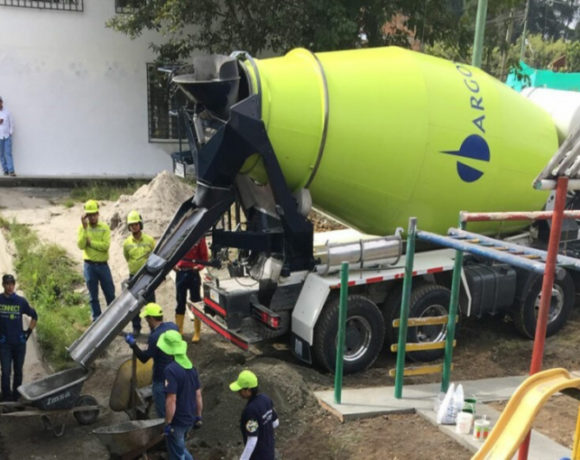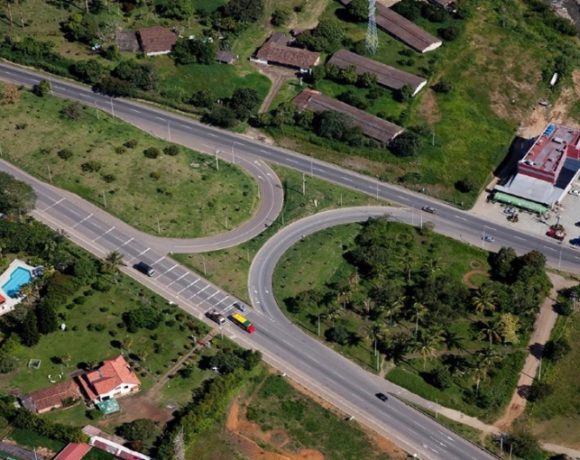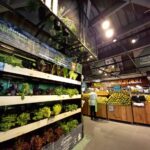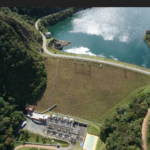Fabricato, Coltejer 2017 Net Losses Worsen Year-on-Year; Rebound Seen in 2018

Medellin-based textile manufacturer Fabricato announced March 21 its that full-year 2017 net loss grew to COP$6.4 billion (US$2.2 million), down from a COP$845 million (US$295,000) net loss in 2016.
Earnings before interest, taxes, depreciation and amortization (EBITDA) fell to a negative COP$3.2 billion (US$1.1 million) , down from a positive COP$26.9 billion (US$9.4 million) in 2016.
Sales also declined 12.5% year-on-year, to COP$337 billion (US$117 million), down from COP$385 billion (US$134 million) in 2016.
Meanwhile, fellow Medellin-based textile giant Coltejer reported a net loss of COP$24 billion (US$8.4 million) in 2017, worse than the net loss of COP$7.7 billion (US$2.7 million) in 2016. Coltejer’s sales likewise declined 30% year-on-year, to COP$169 billion (US$59 million), down from COP$241 billion (US$84 million) in 2016.
Operating income also fell 23% year-on-year, to COP$212 billion (US$74 million), down from COP$277 billion (US$96 million) in 2016, according to Coltejer.
“The net loss of the year is basically due to financial expenses, plus a drop in the domestic market which led to a reduction in production — due to the importation of Asian products at a low price,” Coltejer added.
On a similar note, Fabricato explained that “the general business environment in Colombia in 2017 was unfavorable, as reflected in the lower level of growth in the country in recent years.
“The year [2017] began with a significant reduction in consumer confidence, a variable that has not fully recovered and that influenced sales and production indices throughout 2017,” as textile production nationwide fell 7.6% and clothing manufacture declined 8.4% year-on-year, according to Fabricato.
“Also during 2017, the textile-clothing chain faced acute competition based on unfair practices from imports of fabrics and finished products. At the end of the year, the national government implemented corrective measures to combat these unfair practices, which will surely improve the business environment for Colombian companies in 2018, namely:
“1. The resolution accepting the antidumping proceeding against denim of Chinese origin. Figures accumulated from January to October 2017 reveal that 17.2 million tons of fabrics entered [Colombia] below the price of US$4.63 per-kilo at the end of the year. This represents 72% of total denim imports in this same period, with China being the main country of origin, followed by India.
“2. Corrective measures: Decree 2218 defines more stringent customs controls for imports to combat textiles with ostensibly low prices (below US$2.50 per kilo). The average price of these imports in 2017 was US$1.36 per kilo.
“For a reference, the average price of cotton (the main raw material of these products) on the world market in the same period was US$1.58 per kilo.
“3. There were also intensified police operations that led to important achievements against smuggling, including the apprehension of large volumes of products illegally entered into the country, and the [shut-down] of several companies . . .
“Understanding the movements by both Fabricato [to reduce production] and the national government [to block illegal imports] in 2017, the impacts expected for [2018] are as follows:
“Despite our consolidation of production in a single industrial unit [at Bello, Antioquia], Fabricato starts its operation in 2018 without affecting installed capacity in relation to 2017. As a natural consequence, better efficiency is expected, lower operating costs and lower administrative costs, that is, a higher level of competitiveness.
“The Rionegro [Antioquia factory] property will be destined for the development of an industrial park, which will represent additional income for the company.
“Fabricato will reorient its production program internally without considering the use of 100% of its installed capacity as a primary objective, controlling in a more strict way the level of inventories and stimulating the anticipated programming by the customers; this will represent a better flow of business and consequently a lower stress on cash flow.
“In November 2017, the national government accepted the anti-dumping proceeding against denim fabrics of Chinese origin. This measure will allow local producers to access this portion of the market.
“In December 2017, the national government issued a decree in which the price thresholds for the importation of textile products were defined, with the aim of providing a solution to the problem of under-invoiced imports. This measure covers approximately 30% of textile imports of 2017 from all sources and specifications, and will also allow local producers to access this portion of the market.
“As of the second half of last year, the intensification of operations against smuggling was perceived. In one of them, the largest in recent history in the country, record volumes of smuggled products were apprehended, leading to the extinction of several companies.
“In addition to these measures, and their expected positive consequences, the expectation of a business environment will also be positive for the year 2018. Some indicators that lead us to this optimistic view are the higher price of oil, the reduction in the basic interest rate, controlled inflation, the improvement of consumer perception and the good turnover that was perceived at the end of 2017.
“Due to the foregoing, we believe that the year 2017 does not reflect a structural change in the business environment; We understand that many factors of negative impact coincided in this year and that they were delayed by the competent authorities.
“We certify a gradual recovery of our businesses starting in 2018, as the stocks of imported products under unfair practices are depleted,” the company concluded.
















